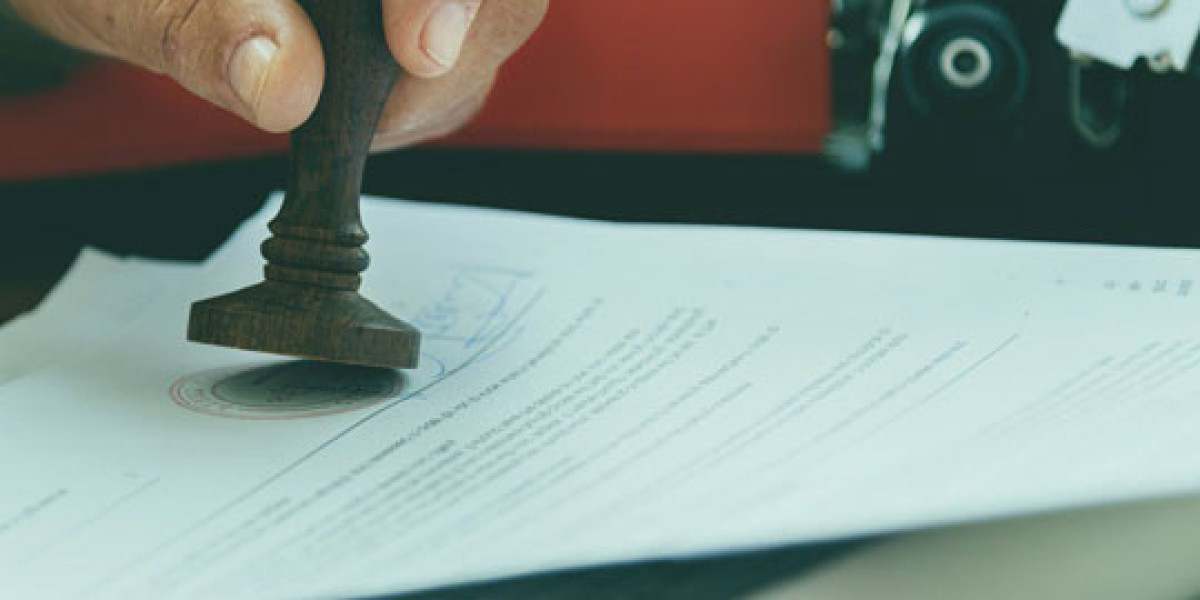Document attestation is a crucial process in various legal, commercial, and personal transactions. Notaries play a pivotal role in this process, providing certification and verification services that ensure the authenticity and legality of official documents. Understanding the role of notaries in attesting documents is essential for individuals and organizations involved in cross-border activities, legal proceedings, and financial transactions.
Role of Notaries
Notaries are public officials appointed by the government to witness and certify the signing of legal documents. They have the legal authority to administer oaths, affirmations, and affidavits, as well as authenticate signatures and seals. The certification process involves verifying the identity of the signatories, ensuring the voluntariness of their actions, and affixing an official seal or stamp to the document. Notaries act as impartial witnesses to the signing of documents, thereby enhancing their credibility and legal validity.
Types of Documents
Notaries are commonly involved in attesting various types of documents, including contracts, deeds, powers of attorney, affidavits, and wills. Each type of document may have specific requirements and procedures for attestation, depending on the jurisdiction and the nature of the transaction. For example, real estate transactions may require notarized deeds or mortgages, while international contracts may need additional certification for cross-border validity.
Procedures
The attestation process typically involves several steps, starting with the verification of the document's authenticity and the identity of the signatories. Notaries may require individuals to present valid identification and supporting documentation before witnessing the signing of the document. Once the document is signed, the notary will affix their official seal or stamp and complete a notarial certificate, stating the date, location, and details of the attestation. The attested document is then considered legally valid and ready for use in official transactions.
Importance of Attestation
Document attestation serves several important purposes in legal and commercial transactions. Firstly, it provides assurance of the authenticity and integrity of the document, reducing the risk of fraud, forgery, and dispute. Secondly, attestation enhances the legal validity and recognition of the document, making it admissible as evidence in court proceedings and administrative hearings. Moreover, attestation of documents is often required for official purposes such as applying for visas, opening bank accounts, and executing contracts.
International Recognition
Notarized documents are widely recognized and accepted in international transactions, thanks to the principle of comity and the recognition of notarial acts across borders. Many countries have reciprocal agreements or treaties that facilitate the recognition of notarized documents issued in other jurisdictions. However, it is essential to ensure compliance with the specific requirements and procedures of each country to avoid potential challenges or delays in cross-border transactions.
Challenges
Despite the benefits of document attestation, there are challenges and considerations to be aware of, particularly in cross-border transactions. Variations in notarial practices, legal requirements, and language barriers can complicate the attestation process and lead to misunderstandings or discrepancies. Additionally, the proliferation of online notaries and electronic signatures has raised questions about the security and validity of digitally attested documents, requiring careful scrutiny and validation.
Best Practices
To navigate the complexities of document attestation effectively, it is essential to follow best practices and seek professional assistance when needed. This includes ensuring compliance with relevant laws and regulations, verifying the credentials of notaries, and maintaining accurate records of attested documents. Additionally, individuals and organizations should stay informed about changes in notarial practices and technological innovations that may impact the attestation process.
Technological Innovations
The advent of digital technologies has revolutionized the field of document attestation, offering new opportunities for efficiency, accessibility, and security. Electronic notarization platforms allow documents to be signed and attested remotely, reducing the need for in-person meetings and streamlining the process. Blockchain technology has the potential to further enhance the security and authenticity of attested documents by providing tamper-proof records of transactions.
Case Studies
Several case studies demonstrate the importance and effectiveness of document attestation in various contexts. For example, in the real estate industry, notarized deeds are essential for transferring property ownership and establishing legal rights. Similarly, in international trade, attested contracts and invoices are vital for ensuring compliance with import and export regulations and resolving disputes. By examining these case studies, stakeholders can gain valuable insights into best practices and potential pitfalls in the attestation process.
Conclusion
In conclusion, the role of notaries in attesting documents is crucial for ensuring the authenticity, legality, and international recognition of official records. Notaries play a vital role as impartial witnesses and certifiers, providing assurance of the validity and integrity of documents in legal, commercial, and personal transactions. By understanding the procedures and significance of document attestation, individuals and organizations can navigate the complexities of cross-border transactions more effectively and mitigate potential risks and challenges.
FAQs
What types of documents can be attested by notaries? Notaries can attest various types of documents, including contracts, deeds, powers of attorney, affidavits, and wills.
How does document attestation enhance the legal validity of documents? Document attestation provides assurance of the authenticity and integrity of documents, reducing the risk of fraud, forgery, and dispute.
Are notarized documents recognized internationally? Yes, notarized documents are widely recognized and accepted in international transactions, thanks to reciprocal agreements and treaties among countries.
What are some challenges associated with document attestation? Challenges include variations in notarial practices, legal requirements, and language barriers, as well as concerns about the security of digitally attested documents.
What are the best practices for ensuring effective document attestation? Best practices include ensuring compliance with relevant laws and regulations, verifying the credentials of notaries, and staying informed about technological innovations in the field.
How do technological innovations impact document attestation? Technological innovations such as electronic notarization platforms and blockchain technology have the potential to streamline the attestation process, enhance security, and improve accessibility.








